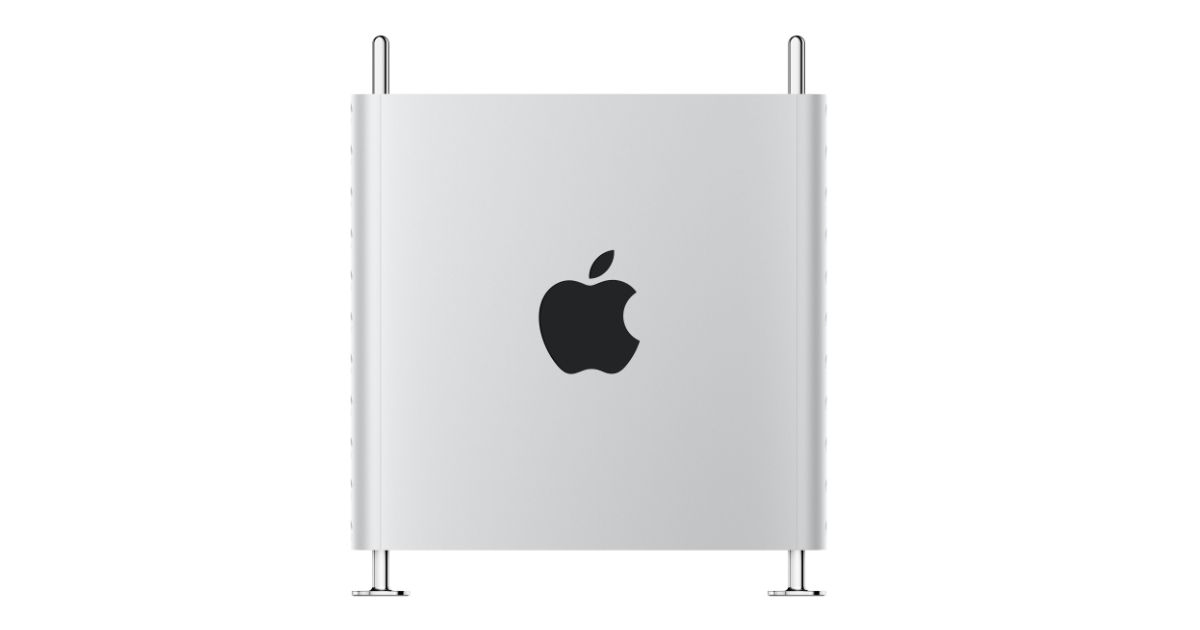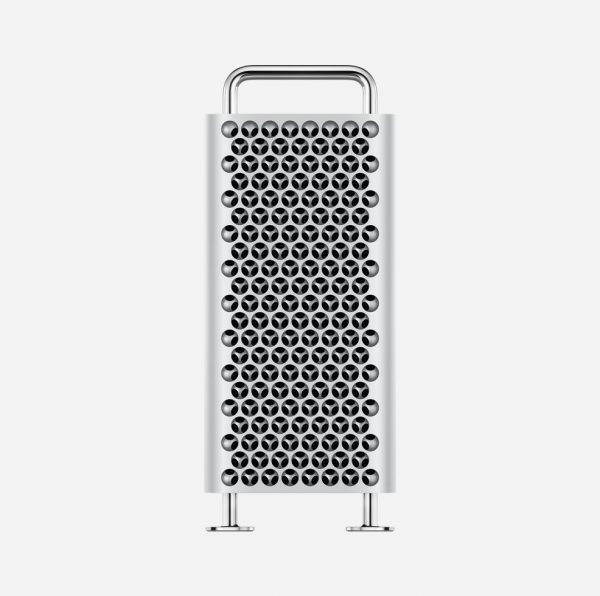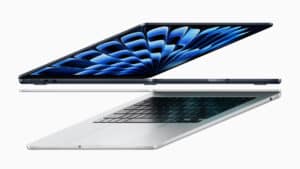Apple’s next Mac Pro, slated for release in 2022, will not use Apple Silicon. Instead, the Cupertino tech giant will reportedly power the machine using Intel’s Ice Lake Xeon W-3300 chips. The rumor does not align with Apple’s plan to fully transition its Mac lineup to be powered with Apple Silicon by 2022.

Recent leak suggests 2022 Mac Pro will not be powered by Apple Silicon
As reported by WCCFtech, a reliable leaker knows as YuuKi_AnS says the 2022 Mac Pro will use Intel’s Xeon W-3300 series CPUs. While this report supports other leaks, it goes against the Cupertino tech giant’s commitment to transitioning all its Macs to Apple Silicon. WCCFTech believes the leaker is trustworthy saying, “The rumor comes from YuuKi_AnS who has been providing insights on the Intel Xeon families for workstations and servers for a while now and has been quite accurate with his leaks.”
Apple’s MacPro 2022 seems to use Intel’s Xeon-W 33xx series processors…
(LGA4189 iceLake-SP)
— 结城安穗-YuuKi_AnS (@yuuki_ans) July 26, 2021
Intel’s W-3300 Ice Lake CPUs are on track to launch in the near future. The Intel Xeon W-3300 Ice Lake configurations for the 2022 Mac Pro would offer up to 38 cores and 76 threads. The faster chip of the lineup is the Xeon W-3375 with 38 cores and 76 threads. The chip features 57 MB of cache which is 1.5 MB per core and maximum clock speeds are reported at 4.0 GHz.

A previous report by Bloomberg’s Mark Gurman suggests that Apple will launch a smaller Mac Pro with two Apple Silicon processor variants, both of which will be two to four times faster than the Apple Silicon chip in the upcoming MacBook Pro models. The smaller model will be “half the size” of the current Mac Pro. The core count in these chips will be as follows:
- 20 core chip: 16 high-performance cores, 4 high-efficiency cores
- 40 core chip: 32 high-performance cores, 8 high-efficiency cores
The current Intel-based Mac Pro powered by Intel’s W-3300 Ice Lake chips could be one of the last intel Macs the Cupertino tech giant will release. Apple has already implemented its in-house chip in its iMac, MacBook Pro, Mac mini, and MacBook Air.
Read more:


1 comment